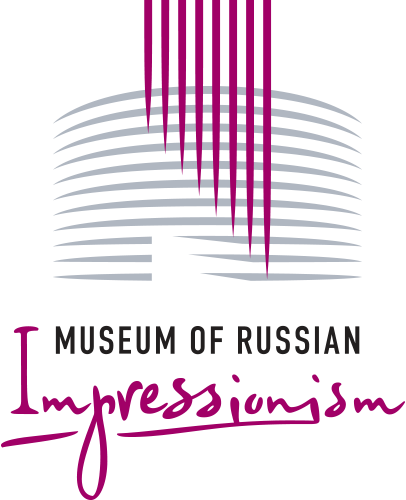Museums Under Quarantine. From Moscow to Kyoto
16 May 2020
The world is changing drastically before our eyes. This affects our museums, exhibitions, our visitors and us personally. Museum employees are people who are in love with what they do. They go to the “temples of culture” in order to worship art, people, sensibility, kindness and everlasting virtues, and not simply to earn money. Museum people even share the same language, it is a universal language of art, images and stories. With this project, we want to reflect on how the area will evolve, how we shall build our work, how we can help our visitors and how not to lose our connection with them at this challenging time.
The Museum of Russian Impressionism has interviewed people from different museums across the world and learned how their life is organized now.
Interview of Conversation between the chief curator, Natalia Sviridova, with the head of communications at the National Gallery in Sofia, Vesela Radoeva.
Natalia: I met Mrs Vessela Radoeva in Bulgaria when I was preparing the exhibition “Through open windows” from the collection of the Museum of Russian Impressionism. This exhibition was opened in the National Gallery in Sofia. It is the biggest art museum in Bulgaria with unique collection, and I was particularly impressed by their collection of Bulgarian icon painting.
During some months we only communicated via phone and emails. Our personal acquaintance took place in Sofia under quite stressful circumstances. Transportation of the exhibition was delayed due to technical reasons, and eventually we had very little time, only three days, for unpacking, safety check, hanging pictures, light installation and the opening reception itself. Those who know how the exhibition is prepared may understand that we faced a really difficult task. We worked day and night together with conservators, curators and other staff of the National Gallery, who helped with unpacking and safety check. Mrs Vessela Radoeva was there with us too. To my mind she is a great example of the museum worker.
Now we have a more difficult situation with the COVID-19 pandemic. All museums in Russia and in Europe are closed. The movement across Moscow is limited and most of museum staff works from home and prepares online educating projects.
Dear Vessela, could you tell us how has your work changed because of these new circumstances? How did the COVID-19 pandemic affect you and your family personally? What do you think about the future of the National Gallery in Sofia, and will its history change after COVID-19 crisis?
Vesela: All of the museum specialists in Bulgaria work remotely from March 16 till May 13. And so does the National Gallery in Sofia.
For me personally, there is not much difference between current working conditions and the ones I had before the pandemic. I work without any restrictions, even though I have already been self-isolated in my countryside house for more than a month. We still can do our daily posts in social media including special virtual tours of the exhibitions which were opened before the quarantine. You may see them on our website.
We even managed to open a new exhibition «The Bulgarian National Revival in the Museum of Christian Art».
We also continue to work according to our exhibition plan for 2020 and 2021. Of course, we have to change deadlines, but we don’t cancel projects.
We can move freely around Sofia, our capital. Medical masks are required in the shops, chemists and on public transport. The government in Sofia has already opened public parks for walking and individual workouts. Since May, 3 we are also allowed to go to the mountain Vitosha as long as we comply with social distancing requirements.
My husband and I are now in our countryside house. He is retired and he is happy to work with fruit trees, vineyard and a small garden. My daughter stayed in Sofia. She is a marketing specialist and can work from home. Her boyfriend works from home too. What we lack the most is personal communication with family and friends.
Regarding the future of the National Gallery in Sofia and other museums, I am sure people will come back again after the quarantine is over. Because no technology can ever replace the unique empathy of the originals.



